Inventory write-offs can have a significant impact on a company’s bottom line. A write-off is when a business takes an expense or loss that cannot be used as a deduction against income to reduce taxes. This can occur when inventory is damaged, stolen, lost, or simply becomes obsolete due to changing customer preferences. In this post, we will discuss the effects write-offs can have on your bottom line and how best to manage them for optimal financial health.

Inventory Write-Offs on Income Statements
The most obvious effect of inventory write-offs is the direct cost it incurs on your bottom line. When you take a write-off, you essentially lose out on money that could have otherwise been spent elsewhere in the business. Depending on the size of the write-off and the number of times it occurs throughout the year, these costs can add up quickly and put a strain on your finances. In addition, if you are dealing with an unusually high amount of inventory write-offs, this may indicate underlying issues within your supply chain that need to be addressed.
Mitigating Risk Through Better Management
There are several strategies companies can employ to minimize losses associated with write-offs. For instance, they can review their inventory regularly and take steps to reduce overstocking or outdated items that may require writing off at some point in the future. They can also implement procedures for handling damaged goods or expired items so that they don’t end up having to write them off entirely.
Lastly, they might consider implementing automated tracking systems or cloud-based solutions so that they have better visibility into their current and future inventories.
The challenge we’ve seen in the market today consists of inventory professionals spending hours of their day managing inventory in spreadsheets.

The Owls has developed a cloud-based inventory expiration module that allows you to see all your inventory data in one central location. This means less time spent vetting data in spreadsheets, and more time spent reducing expiration. Manufacturers use The Owls’ inventory expiration module to quickly and easily spot upcoming expiration in their inventory. The Owls’ platform cuts time wasted vetting data in spreadsheets, so you can focus on reducing expiration instead.
Interested in seeing how we were able to save one of our customers $500K in expired inventory? View the case study here.
To see how The Owl can help your organization reduce inventory waste in a matter of weeks, book a short call below.
